- Dear Minister, how do you perceive the opportunities and challenges of the education sector in the 2025-2026 school year?
This school year, the education sector is facing unprecedented opportunities. Never before has the Party and State paid as much attention and expectation to education and training as they do today. The most important of these is the recent issuance by the Politburo of Resolution 71-NQ/TW on breakthroughs in education and training development. This is an important political foundation to further promote the fundamental and comprehensive innovation of education and training that was established in Resolution 29-NQ/TW (2013) and continued to be emphasized in Conclusion 91-KL/TW (2024).
Along with that, a national target program on education and training development is being built; 4 important laws on education (Law on Teachers, Law on Education, Law on Higher Education and Law on Vocational Education amended) expected to be issued this year will create a solid foundation for operating a modern, synchronous and effective education system. Digital transformation, application of artificial intelligence (AI) and STEM education are also opening up opportunities for education to enter a stage of quality improvement and comprehensive innovation.
Besides opportunities, the education sector faces many challenges: The operation of the two-level local government model, especially at the commune level, poses high requirements for managing changes in organization, personnel and apparatus; the issue of educational equity; extra teaching - extra learning; recruitment and rotation of teachers; universalization... In addition, absorbing huge investment resources in the coming time, ensuring efficiency and compliance with regulations also requires great efforts and hard work.
- To ensure that educational activities are not disrupted in the context of two-level local government, what solutions does the Ministry of Education and Training have?
The Ministry of Education and Training has implemented many synchronous solutions. Regarding institutional improvement, the Ministry has developed and issued 2 decrees and 6 circulars regulating decentralization, delegation of authority, and division of state management authority in the field of education. Regarding professional guidance, the Ministry has issued official dispatches on primary school admissions regardless of administrative boundaries; organizing 2 sessions/day; implementing tasks for the 2026-2027 school year; deploying programs and textbooks in the context of changing administrative boundaries... The Ministry has also organized seminars, established hotlines, received information, and resolved difficulties and problems of localities.
Regarding capacity building, the Ministry has developed documents, organized training courses, and published handbooks to support education managers at the commune level and the Department of Education and Training in accessing complete, systematic, concise, and easy-to-understand information. In addition, the Ministry has organized 6 inspection teams in 15 provinces on this issue.
In the coming time, the Ministry of Education and Training will continue to review legal documents; strengthen professional guidance; complete the industry data system, ensure connectivity and synchronization... and at the same time support localities in implementing decentralized and delegated tasks.
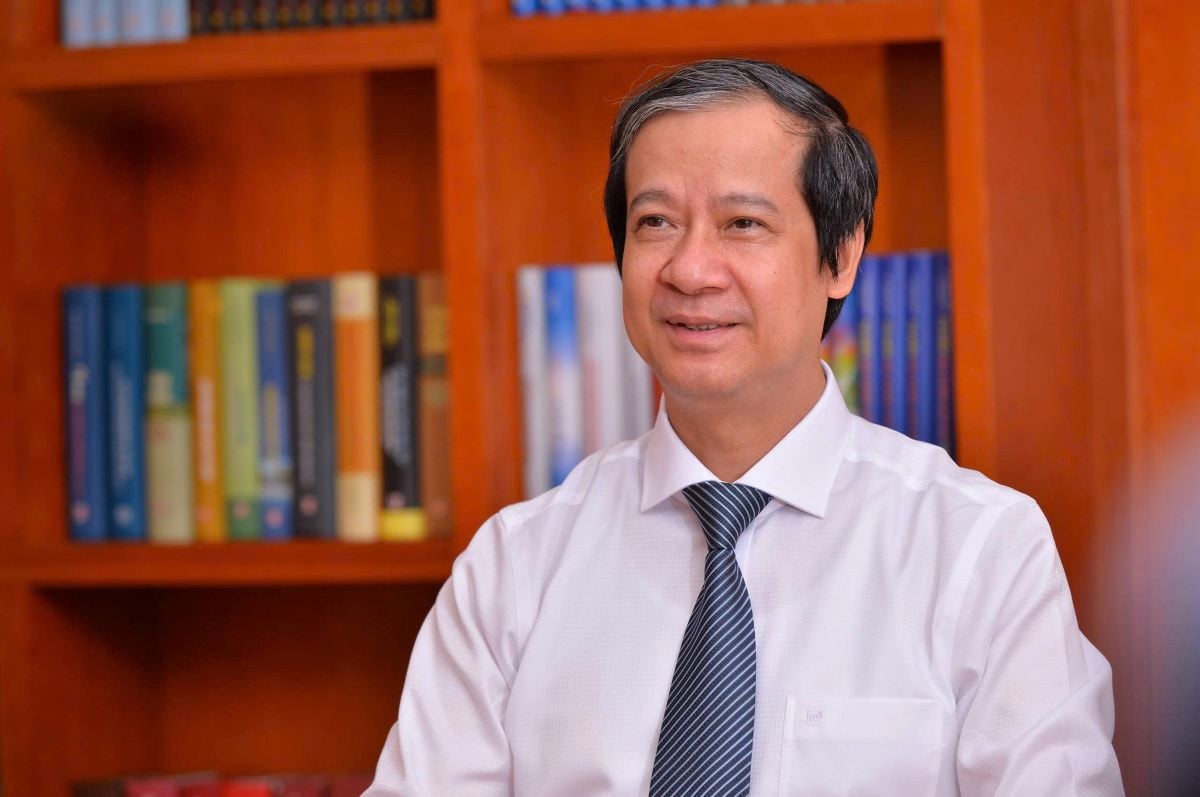
- How will the management of extra teaching, extra learning and organization of 2-session/day teaching be in the future, sir?
Regarding the management of extra teaching and learning, the Ministry of Education and Training continues to adhere to the viewpoint that "extra teaching can consolidate knowledge, but brings little value to human development". The profound consequences of the widespread situation of extra teaching and learning require drastic correction. Therefore, in the 2025-2026 school year, the Ministry of Education and Training will continue to direct and urge localities to issue regulations on the management of extra teaching and learning to strengthen the responsibility of the government, while requiring educational institutions to effectively implement the General Education Program.
Implementing the Prime Minister 's Directive 17/CT-TTg on teaching 2 sessions/day, the Ministry has directed schools to develop a plan clearly showing the method of mobilizing and using resources to implement in qualified places. The plan must specify the content, duration, and target students, and at the same time assign teachers appropriately and in accordance with regulations; focus on differentiating subjects, nurturing excellent students, reviewing for final year students and supporting students who have not met the requirements according to Circular 29.
At the same time, the Ministry emphasized the need to innovate management work, strengthen inspection and supervision of the implementation of the General Education Program as well as the management of extra teaching and learning, and ensure strict implementation of policies and laws.
- After a cycle of implementing the 2018 General Education Program, how does the Ministry of Education and Training evaluate the first graduating class?
The first batch of students graduating from the 2018 General Education Program showed many positive points. Students experienced a variety of activities, revealed their strengths, selected subjects related to career orientation, and accessed comprehensive knowledge thanks to integrated subjects. However, the implementation of the 2018 General Education Program also revealed some shortcomings. At the high school level, the choice of subjects was limited by teachers and classrooms; at the middle school level, teaching integrated subjects was difficult due to uneven teacher capacity and learning materials.
To overcome this, the Ministry issued Official Letter 4555/BGDĐT-GDPT requiring high schools to publicize plans for organizing teaching of elective subjects, coordinate with other schools to expand opportunities for students; support students when they need to adjust their subject choices. At the secondary level, continue to train teachers in integrated teaching, compile illustrative learning materials, and implement a model of teacher clusters supporting each other, in order to improve quality and create interest in learning.
In the 2025-2026 school year, the Ministry of Education and Training will conduct a comprehensive evaluation of the 2018 General Education Program after an implementation cycle to clarify the level of achievement in developing students' qualities and abilities; point out advantages, limitations, causes and propose solutions for adjustment, ensuring the Program is substantial, effective and sustainable. The spirit is to look straight at the truth, evaluate objectively, make timely adjustments, all for the sake of students.
- Regarding the high school graduation exam, does the Ministry plan to make any adjustments to suit the new general education program?
The organization of the current high school graduation exam has very specific goals, including: Assessing the level of learners according to the requirements of developing qualities and capacities of the Program, using exam results to consider recognition of high school graduation; The results of the exam are used as one of the bases to assess the teaching quality of schools, the direction of educational management agencies; Providing reliable data for universities and vocational education institutions to use in enrollment.
At present, this is the only national exam for all students to assess the general output of high school, with a common scale nationwide. Therefore, it is necessary to maintain the organization to assess the level of GDPT standards, provide national data for research, construction, and adjustment of general education policies; at the same time, assess the quality of education in regions across the country. The exam results are the output of high school, a source of reference information for universities and vocational training institutions to organize enrollment.
To prepare for the pilot high school graduation exam on computers from 2027 under the direction of the Prime Minister, the Ministry of Education and Training is focusing on implementing a number of key tasks, such as: developing a project to organize high school graduation exams on computers, submitting it to the Prime Minister for approval in 2026; mobilizing experts to build a standardized exam question bank (expected to be applied from 2027); and developing procedures and regulations for organizing exams on computers, organizing training courses and seminars nationwide.
Currently, the Ministry of Education and Training is preparing software systems to organize computer-based exams and testing computer-based exams in localities. It is expected that this school year, the testing will be implemented for more than 100,000 students.
- What message do you want to send to teachers and students in the new school year 2025-2026?
The 2025-2026 school year is a very important school year, with many important tasks to be done and many opportunities for innovation. The keyword of this school year is "implementation". That is to focus on implementing well the Party's guidelines and policies, the State's laws on education as well as the 10 key tasks and solutions for the 2025-2026 school year of the Education sector. That is the way for the whole sector to inherit and promote the achievements of the past 80 years, overcome existing shortcomings and limitations and open up new paths for Vietnamese education in the coming time.
Education is a career of a hundred years, requiring vision, perseverance, a spirit of fairness and the highest responsibility. I call on the entire industry, from managers to teachers, staff, and all students to prepare the best mindset, spirit and conditions, to unite and join forces, so that the new school year will be a busy but joyful and successful one.
Source: https://vietnamnet.vn/hoc-them-phai-phan-hoa-boi-duong-hoc-sinh-gioi-ho-tro-yeu-kem-2439057.html








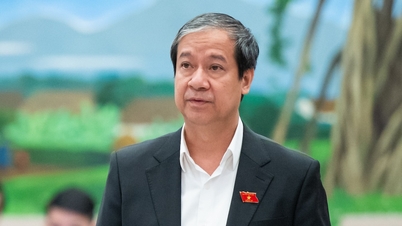

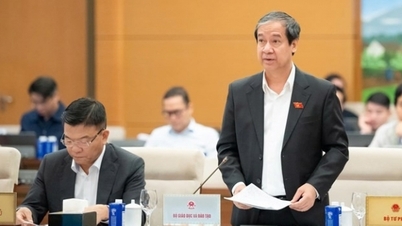

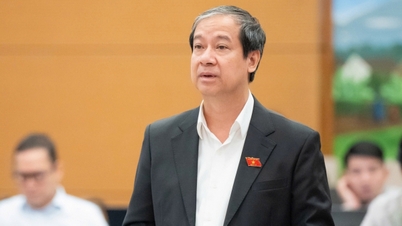
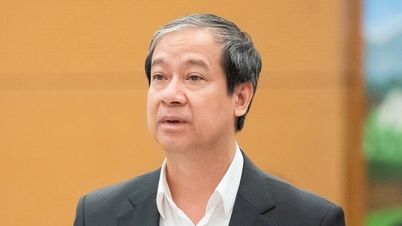
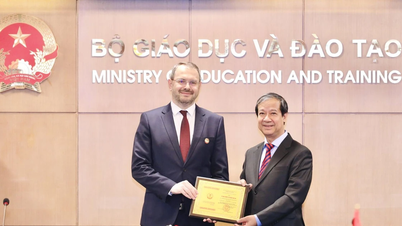

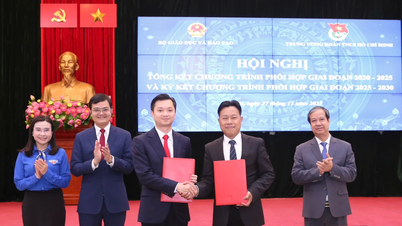
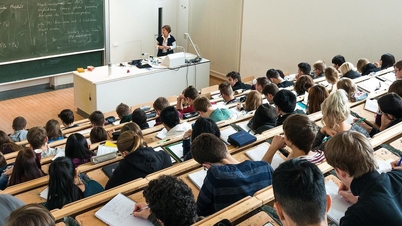

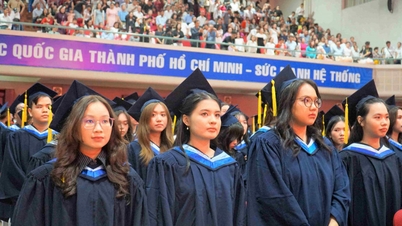



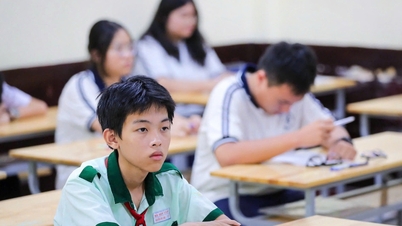















































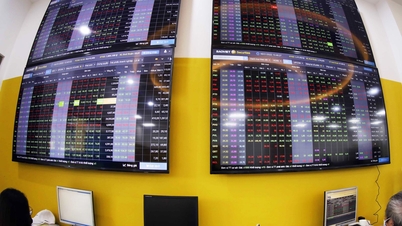














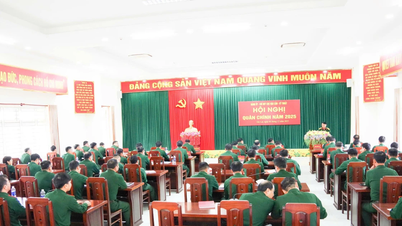

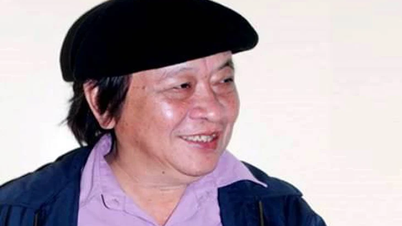






















Comment (0)